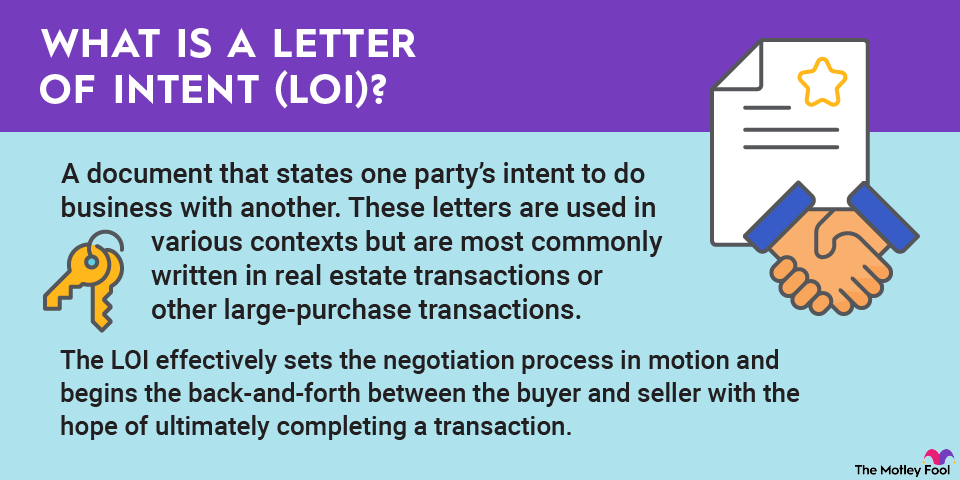Outbound lead generation involves reaching out to prospective customers directly. This may be done through mailings, email, phone calls, social media, and other forms of advertising and marketing.
By contrast, inbound lead generation involves getting prospective customers to reach out to you. If a potential customer visits a business's website or physical location seeking more information, that's inbound lead generation.
To pursue effective lead generation strategies, businesses first have to identify their overall target audience. From there, it's possible to break the target audience down into smaller groups and determine which lead generation strategies will be most effective for reaching and appealing to each category in the addressable market.


















